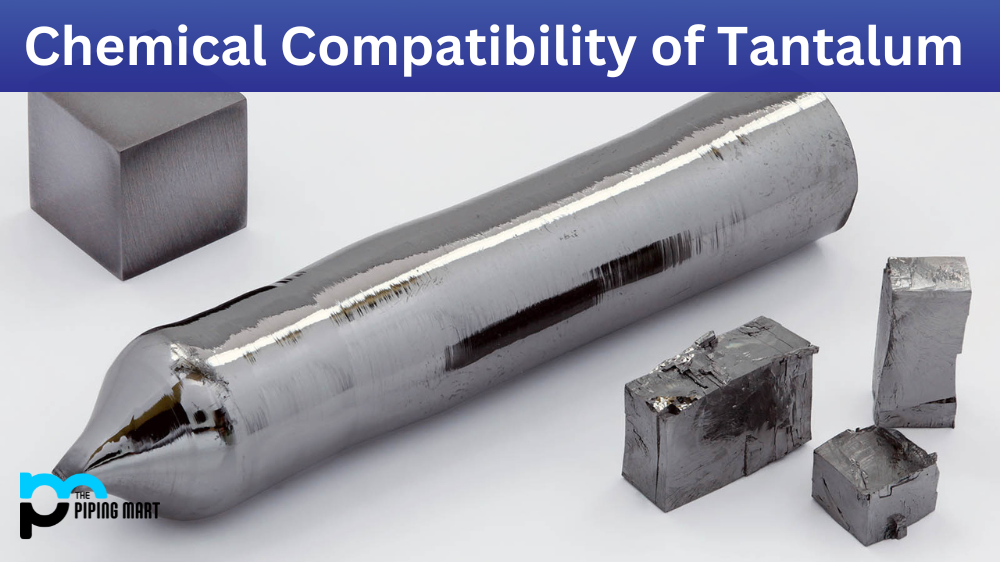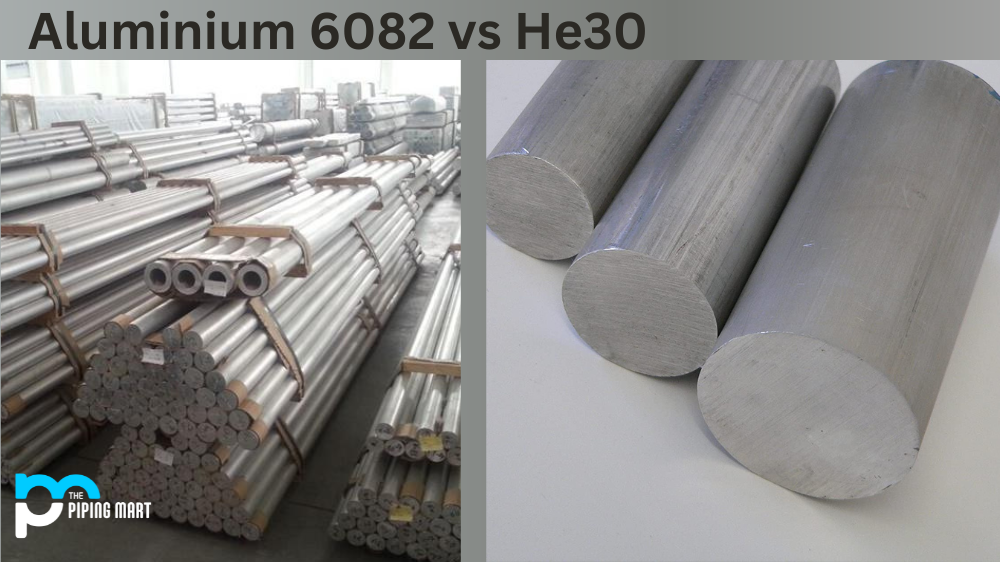Tantalum is a corrosion-resistant, ductile metal with many unique properties. It’s often used in the manufacturing of high-temperature components, capacitors, and medical instruments because it has a low thermal expansion and excellent electrical conductivity. But what about its chemical compatibility? Is tantalum compatible with all chemicals? Let’s take a look.
Tantalum is highly resistant to oxidation, which means it can be exposed to air without any significant degradation. However, this doesn’t mean that it’s impervious to all corrosive substances; like any other material, it does have its limits when it comes to chemical compatibility. For example, tantalum should not come into contact with hydrofluoric acid (HF) or concentrated sulfuric acid (H2SO4). HF is extremely corrosive and can easily penetrate the surface of the metal, while H2SO4 causes severe pitting and crevice corrosion.
But despite these limitations, there are many chemicals that are suitable for use with tantalum. For instance, most organic acids, such as acetic acid (CH3COOH) and citric acid (C6H8O7), are compatible with tantalum as they do not cause any significant damage to the material’s surface. Additionally, many alkaline solutions, such as sodium hydroxide (NaOH) and potassium hydroxide (KOH), are also generally considered safe for use with tantalum due to their limited reactivity toward the metal.
Conclusion
In conclusion, understanding the chemical compatibility of tantalum is essential for anyone who works with this metal on a regular basis. While many common chemicals are generally considered safe for use with tantalum, care must still be taken when choosing which materials should come into contact with it; certain substances, such as hydrofluoric acid or concentrated sulfuric acid, can cause severe damage if they come into contact with this valuable material. As such, proper testing should always be conducted prior to implementing any new application involving tantalum in order to ensure its safety and reliability. With the right precautions in place, however, you can rest assured that your tantalum components will remain corrosion free for years to come!

Pipingmart is a B2B portal that specializes in metal, industrial and piping items. Additionally, we share the latest information and information about materials, products and various types of grades to assist businesses that are involved in this business.




